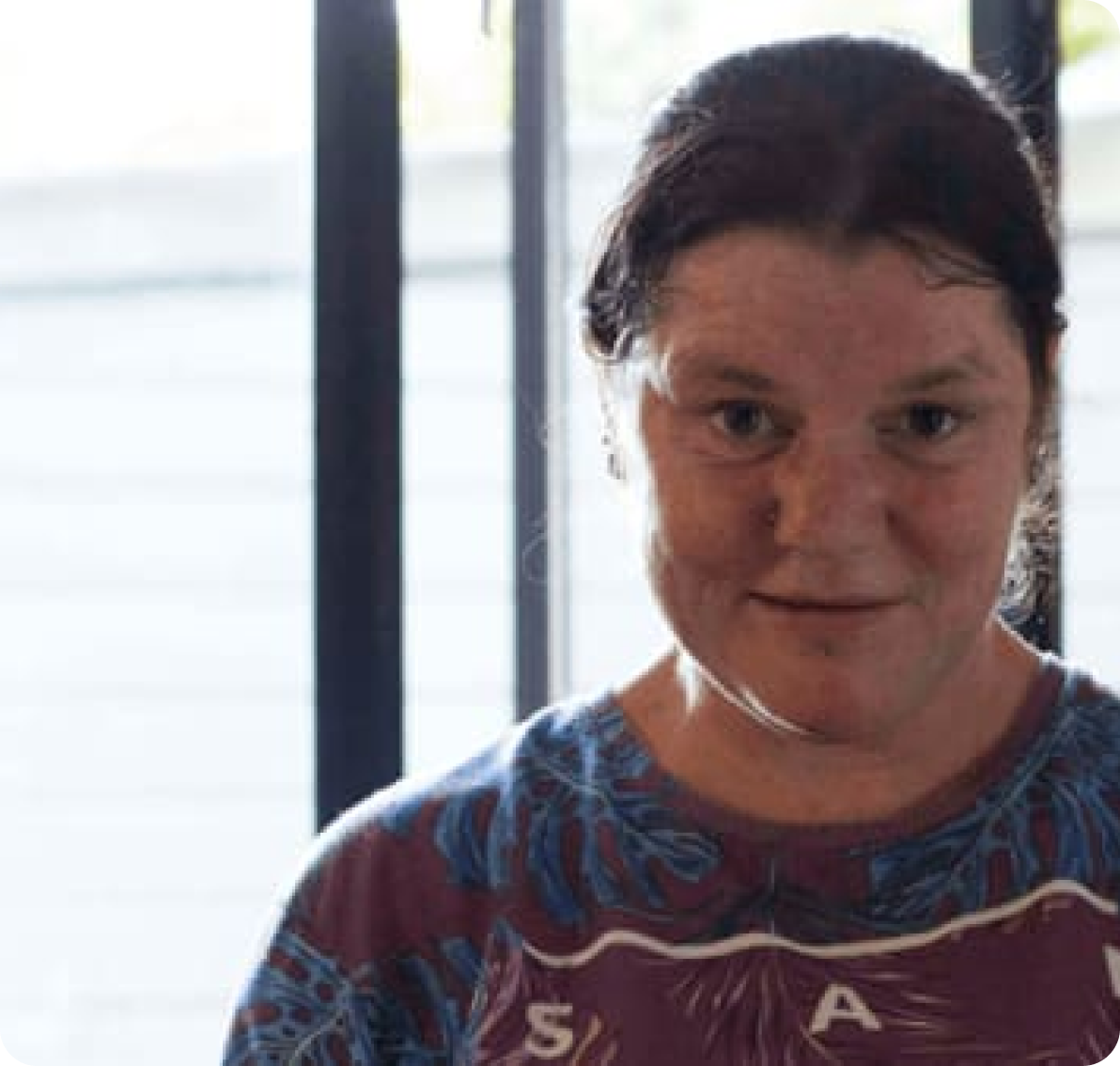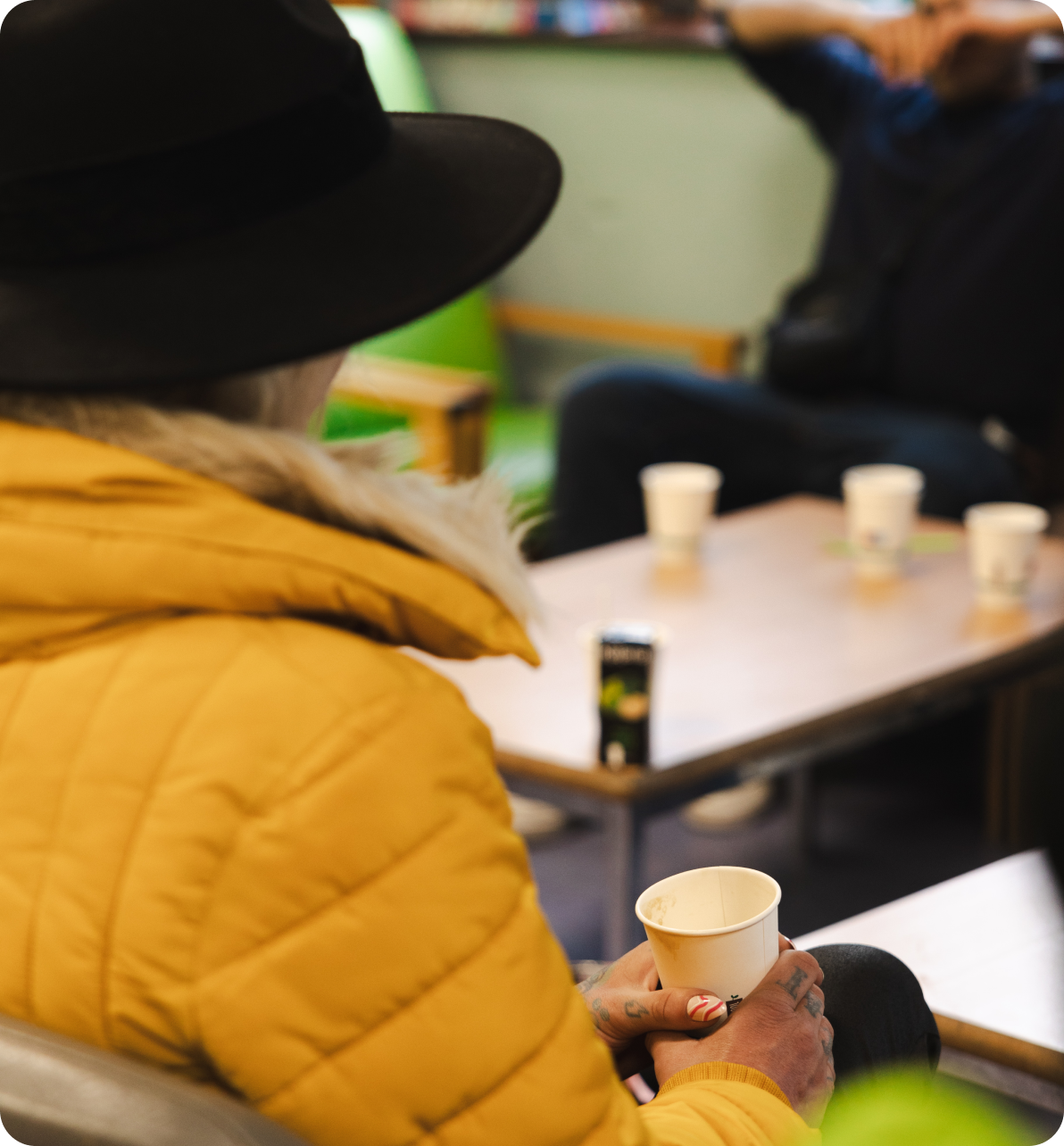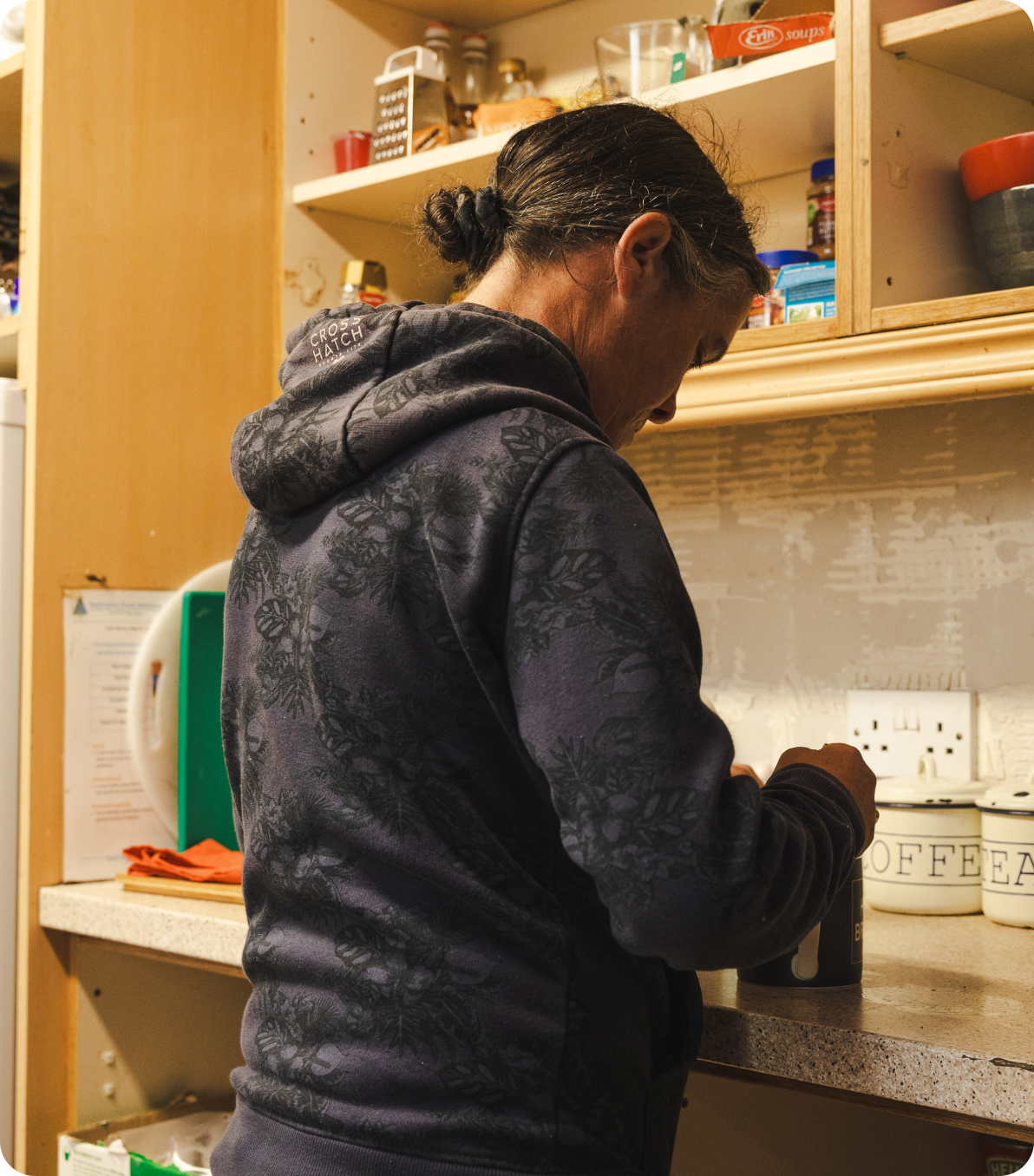


The EU’s Erasmus+ Women and Homelessness strategic partnership unites organisations working with people experiencing homelessness – among them, homeless women.
The partnership consists of Non-Governmental Organisations, including Cork Simon, and public service providers from seven different countries, as well as the Centre for Social Innovations at University of Lodz and Feantsa – the EU homeless observatory representing 114 members from 33 countries. Partners exchange good practice and expertise about their work with women experiencing homelessness. The aim is to improve homeless services for women.
Women experiencing homelessness often have different support needs to men, especially around intimate partner or gender-based violence and their relationship with children. The members of the Erasmus+ strategic partnership are working to develop our internal policies and / or structures to better work with women experiencing homelessness.
Following completion of a needs assessment in each of the seven countries participating, the partnership’s work will focus on five key themes:
